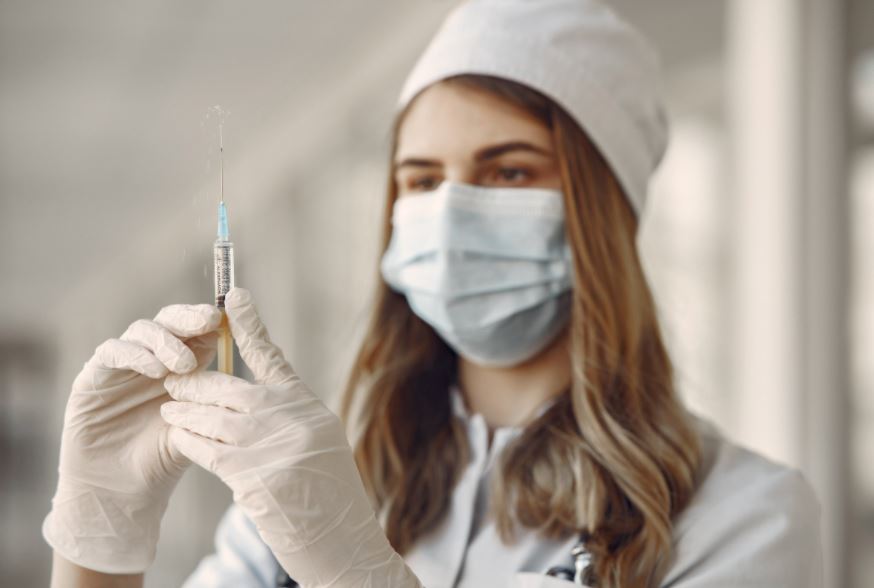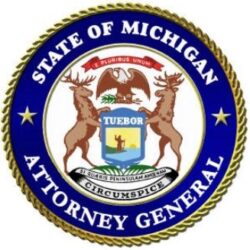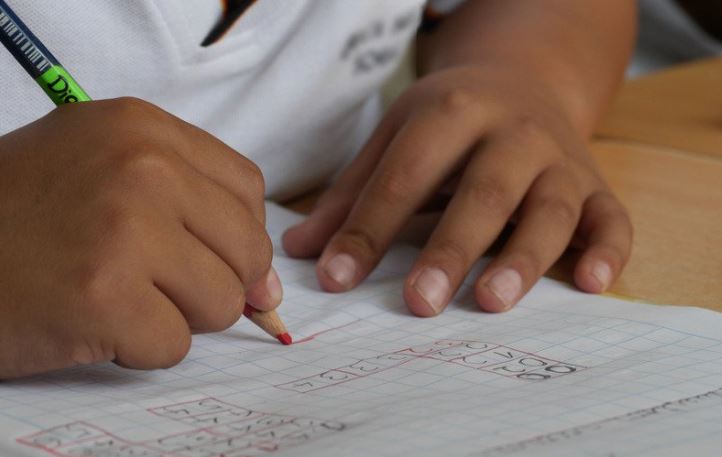
FOR IMMEDIATE RELEASE
January 27, 2021
Media Contact: Press@Michigan.gov
Governor Whitmer Focuses on Finding Common Ground to Grow Michigan’s Economy in State of the State Address, Urges the Legislature to Pass the MI COVID Recovery Plan
Governor also announces plans to get Michigan Back to Work, protect public health, provide $500 grants to educators, calls for bipartisan action on prescription drugs, local road funding
LANSING, Mich. — Today, Governor Whitmer delivered her third State of the State address, where she announced a series of bold actions to grow our economy and get things done for the people of Michigan. In her speech, the governor announced Michigan Back to Work: her plan to help us grow our economy and get Michiganders back on their feet. Over the next year, the Whitmer Administration will announce initiatives and projects big and small – from tech, mobility and manufacturing growth, to clean energy and road construction. This will protect, grow, and create more good paying jobs.
“This year is about fixing the damn road ahead – finding common ground to grow our economy and get families and businesses back on their feet,” said Governor Whitmer. “The Michigan Back to Work plan that I’m announcing today will help us do just that. We will leverage all of the resources of state government to rebuild our economy back better, harnessing every economic tool at our disposal and working with leaders in state government, business, and beyond to create an environment where entrepreneurs can create more good-paying jobs for all Michiganders. This is how we can jumpstart our economy and help families and business owners thrive in our state.”
OTHER HIGHLIGHTS FROM GOVERNOR WHITMER’S ADDRESS:
BIPARTISAN ACCOMPLISHMENTS: Governor Whitmer highlighted a number of bipartisan actions she took with the Republican legislature last year, including signing two bipartisan budgets, creating the bipartisan Michigan Reconnect Program, and passing and signing historic Clean Slate legislation to make Michigan’s criminal justice system more fair.
MI COVID RECOVERY PLAN: Governor Whitmer called on the Michigan Legislature to work with her to pass the Michigan COVID Recovery plan focused on distributing vaccines, getting our kids back on track, supporting small businesses, and jumpstarting our economy. The governor’s plan will support small businesses long after the pandemic is over. The governor’s MI COVID Recovery Plan includes a call on the Michigan Legislature to permanently extend unemployment benefits from 20 weeks to 26 weeks.
FUNDING FOR LOCAL ROADS: Governor Whitmer called on the Michigan legislature to work with her to provide local communities more options to fix local roads and bridges, which has received bipartisan support. Last year, Governor Whitmer announced the Rebuilding Michigan Bonding Plan to create and sustain tens of thousands of jobs and start fixing the damn roads without an increase at the pump. Since then, our hardworking construction workers have completed the I-496 Rebuilding Michigan project in November, with hundreds of more projects on the horizon, Including heavily traveled sections of I-96 in Oakland County, I-69 in Calhoun County and I-94 in Berrien County.
MI CLASSROOM HEROES: The governor announced the MI Classroom Heroes grants of up to $500 each for teachers and support staff. These grants will go out in February, and will help offset some expenses and the extraordinary efforts Michigan’s educators have made throughout the pandemic.
GOOD JOBS FOR MICHIGAN: The governor called on the legislature to pass Good Jobs for Michigan legislation to retain and grow our businesses and create jobs. Pfizer was the first business to utilize Good Jobs for Michigan, and did so to build their sterile drug manufacturing plant and create 450 good-paying jobs in Portage. Passing this legislation will be good for our families, our businesses, and our economy. Let’s get it done.
MI CLEAN WATER: The governor called on the legislature to pass the MI Clean Water plan, a $500 million comprehensive water investment in Michigan’s water infrastructure that she announced last year. MI Clean Water will direct dollars to communities for safe, clean water to residents and expanding green infrastructure, and it supports over 7,500 Michigan jobs.
LOWERING THE COST OF PRESCRIPTION DRUGS: The bipartisan Prescription Drug Task Force that the governor announced last year has developed a plan to lower prescription drug costs and create more transparency in how drugs are priced. The governor announced that members of her cabinet worked with bipartisan, bicameral members of the legislature to support legislation that requires transparency, holds accountable those profiting from skyrocketing prices, and makes necessary medications affordable for all Michigan families. She called on the legislature to pass this legislation and send it to her desk.
FIXING THE DAMN ROAD AHEAD: The governor announced the “Fixing the Damn Road Ahead” tour to engage with and learn from Michigan voters – whether they’re Democrats, Republicans, or Independents. She will engage with people across the state to focus on what unites us, improve how we talk to each other, and fix the damn road ahead.
Governor Whitmer has spent her two years in office working around the clock to protect public health, save lives, and get things done for the people of Michigan. She’s committed to continue that work to end the COVID-19 pandemic once and for all, grow our economy, and get families and businesses back on their feet.
To view the governor’s full State of the State address, quotes from the speech, fact sheets on each of her policy proposals, and information on her special guests, please visit Michigan.gov/MISOTS21.
Please see below for photos from the governor’s State of the State Address:




|











